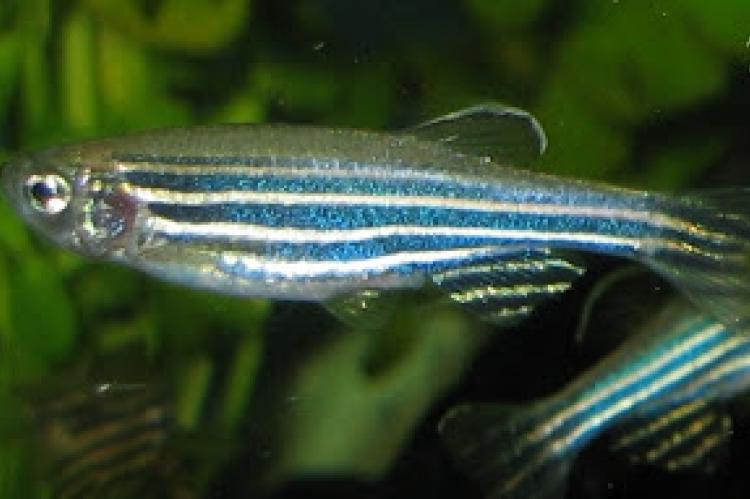Human and zebrafish genomes remarkably similar
New study highlights zebrafish as model organism for human disease research.
Although they may seem like a strange comparator to humans, zebrafish share a majority of the same genes with humans, making them an important model for understanding how genes work in health and disease.
In a recent study published in Nature, researchers have identified 70% of protein-coding human genes to be related to genes found in zebrafish. Some 84% of genes known to be associated with human disease have a zebrafish counterpart, highlighting the importance of zebrafish as a model organism for human disease research.
"Our aim with this project, like with all biomedical research, is to improve human health," says Dr Derek Stemple of the Wellcome Trust Sanger Institute. "This genome will allow researchers to understand how our genes work and how genetic variants can cause disease in ways that cannot be easily studied in humans or other organisms."
The zebrafish genome contains few pseudogenes -- genes thought to have lost their function through evolution -- compared to the human genome. The team identified 154 pseudogenes in the zebrafish genome, a fraction of the 13,000 or so pseudogenes found in the human genome.
"By modeling these human disease genes in zebrafish, we hope that resources worldwide will produce important biological information regarding the function of these genes and possibly find new targets for drug development."
Advancing the understanding of muscle and organ development, they have been utilized to verify the causal gene in muscular dystrophy disorders and to understand the evolution and formation of melanomas. In addition, the zebrafish genome has unique features not observed in other vertebrates. They possess the highest repeat content in their genome sequences reported in any vertebrate species as well as chromosomal regions that influence sex determination.
"This genome will help to uncover the biological processes responsible for common and rare disease and opens up exciting new avenues for disease screening and drug development," adds Dr Stemple. Zebrafish research has already led to biological advances in cancer and heart disease research.


